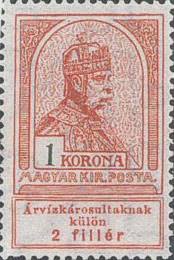Exploring Hungary: Culture, History, and Modern Developments

Introduction
Hungary, located in Central Europe, is a nation steeped in history and cultural richness. As a member of the European Union and NATO, Hungary’s political, economic, and social developments are pivotal not just for the region but for Europe at large. Recent events in Hungary have drawn international attention, highlighting issues ranging from political decisions to cultural heritage.
Historical Significance
With a history that dates back to the Roman Empire, Hungary has seen the rise and fall of numerous empires. The nation is known for its unique language, Magyar, which is unlike any other in Europe. Iconic structures such as the Buda Castle and the Fisherman’s Bastion provide a glimpse into its historical past, while UNESCO World Heritage sites like the Hortobágy National Park preserve its natural beauty.
Current Political Landscape
The current political climate in Hungary has been characterized by debates over democracy and governance. Under the leadership of Prime Minister Viktor Orbán and his Fidesz party, there has been a significant shift toward a more nationalist approach, which has raised concerns among various civil rights organisations. In recent months, Hungary’s response to the migration crisis and its handling of the COVID-19 pandemic have been met with both praise and criticism, leading to discussions about human rights and freedoms.
Cultural Contributions
Hungary is renowned for its contribution to arts, music, and culinary traditions. The nation has produced famous composers like Franz Liszt and Béla Bartók, and its vibrantly rich gastronomy, highlighted by dishes such as goulash and chimney cake, continues to attract culinary enthusiasts. Festivals celebrating folk traditions, music, and wine are integral to Hungarian culture, showcasing its lively and diverse heritage.
Conclusion
As Hungary navigates its place in the European landscape, understanding the balance between its rich historical traditions and the challenges of modern governance is essential for observers. The ongoing dialogue surrounding its political landscape, combined with the preservation of its cultural heritage, makes Hungary a focal point for those interested in the dynamics of contemporary Europe. With evolving cultural narratives and economic developments, Hungary represents both continuity and change in an ever-globalising world.








